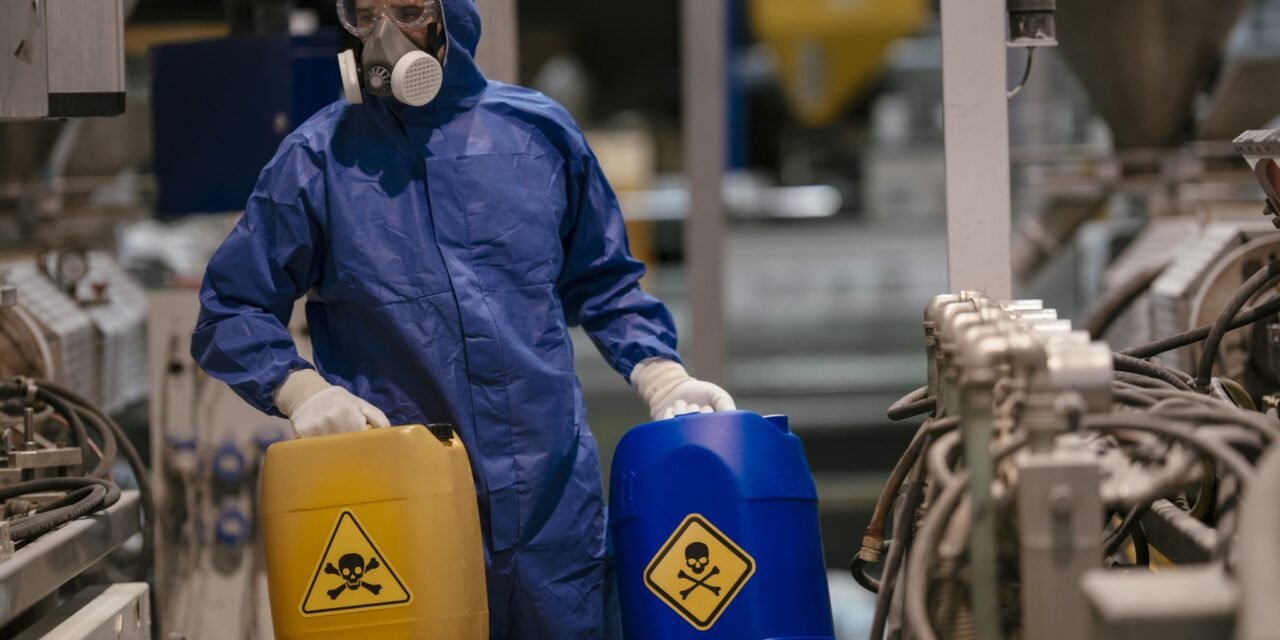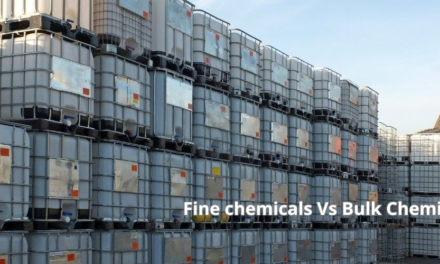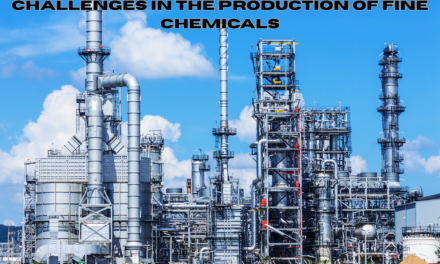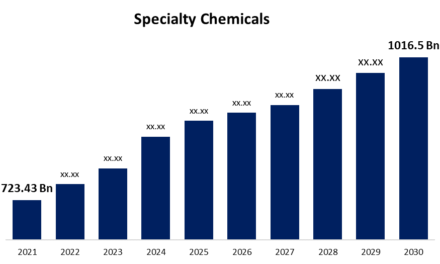The global regulatory landscape for basic chemicals has evolved significantly in 2024, with various countries implementing new standards to enhance chemical safety, environmental protection, and public health. Below is an overview of the latest regulatory developments across key regions:
Europe
- REACH Regulation Updates: The European Chemicals Agency (ECHA) has been active in updating the REACH (Registration, Evaluation, Authorisation, and Restriction of Chemicals) regulation. In October 2024, the European Council adopted revisions to the Classification, Labelling, and Packaging (CLP) regulation, which are now pending final decision-making by the European Parliament.
- PFAS Restrictions: The European Union has been considering introducing dechlorane plus under the Persistent Organic Pollutants (POPs) regulation, aiming to restrict substances with persistent, bioaccumulative, and toxic properties.
United States
- PFAS Regulations: The U.S. Environmental Protection Agency (EPA) has proposed adding 16 per- and polyfluoroalkyl substances (PFAS) to the Toxics Release Inventory (TRI) list, requiring reporting under the Emergency Planning and Community Right-to-Know Act (EPCRA) and the Pollution Prevention Act (PPA).
- Superfund Designation: PFAS have been designated hazardous substances under the Comprehensive Environmental Response, Compensation, and Liability Act (CERCLA), commonly known as Superfund, facilitating cleanup and liability processes.
China
- GHS Implementation: In July 2024, China officially released the GB 30000.1-2024 standards for the implementation of the Globally Harmonized System of Classification and Labelling of Chemicals (GHS), enhancing hazard communication and safety measures.
- Environmental Risk Assessment: In October 2024, the Ministry of Ecology and Environment (MEE) released a framework document outlining technical standards for ecological risk assessment and control of chemical substances, aiming to strengthen environmental protection measures.
South Korea
- K-REACH Updates: South Korea has updated its Toxic Chemical Substances List and GHS Classification List, aligning with international standards to improve chemical safety management.
- Restricted Chemicals Revision: A proposed revision to the Designation of Restricted Chemicals and Prohibited Chemicals was announced, aiming to enhance the management of hazardous substances.
India
- Quality Control Orders (QCOs): India has notified the World Trade Organization (WTO) of mandatory Bureau of Indian Standards (BIS) certification for three chemicals, aiming to ensure product quality and safety.
- QCOs Delayed: The implementation of QCOs for nine chemical products has been further delayed, indicating ongoing adjustments in regulatory timelines.
Singapore
- Licensing Control for POPs: Singapore has implemented licensing controls for additional Persistent Organic Pollutants (POPs), strengthening the regulation of hazardous chemicals to protect human health and the environment.
Australia
- AICIS Business Registration: The Australian Industrial Chemicals Introduction Scheme (AICIS) issued a notice reminding introducers to renew their business registration, ensuring compliance with national chemical regulations.
Global Harmonization Efforts
- GHS Adoption: Many countries are adopting or updating their implementation of the Globally Harmonized System of Classification and Labelling of Chemicals (GHS), promoting international consistency in chemical hazard communication.
Conclusion
The regulatory environment for basic chemicals is becoming increasingly stringent and harmonized globally. Companies operating in the chemical industry must stay informed and compliant with these evolving standards to ensure safety, environmental protection, and market access.
Hashtags
#ChemicalRegulations #GlobalStandards #ComplianceMatters #IndustryRegulations #ChemicalPolicy #EnvironmentalRegulations #SafetyStandards #HazardousMaterials #EcoCompliance #SustainableRegulations #GlobalCompliance #RegionalRegulations #InternationalStandards #ChemicalTradePolicies #GlobalChemicals #ChemicalIndustryCompliance #BasicChemicals #ChemicalGovernance #IndustrialChemicals #RegulatoryUpdates #EvolvingRegulations #GreenChemistryStandards #ESGCompliance #RegTechForChemicals #SustainableStandards #RegulatoryCompliance #IndustryCollaboration #ResponsibleManufacturing #PolicyAndAdvocacy #ChemicalSafety #REACHCompliance #GHSStandards #OSHARegulations #ISOStandards #UNChemicalSafety










